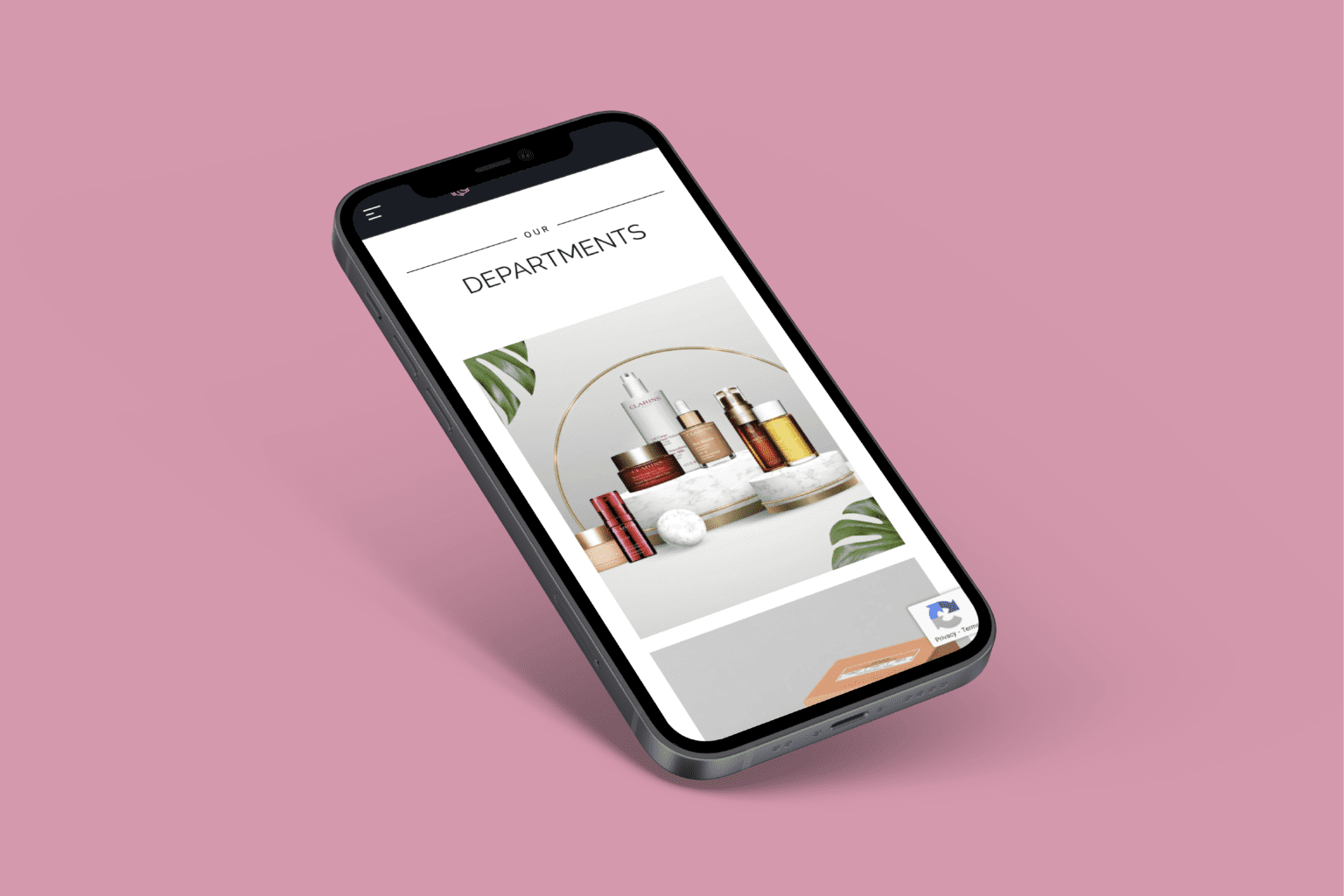In this article we explore the Top Ten Essential Website Design Features and highlight the ten most important characteristics of every successful website. Does your website utilise the following characteristics to its maximum potential?
10. Proper Hosting and Maintenance Package
Website hosting is an important issue that is too often overlooked. Fast and secure hosting are paramount to the success of every website. Ineffective website hosting can lead to slow website load time resulting to a high bounce rate and poor SEO ranking. It is imperative that every company researches online hosting options before committing to a uniformed choice. For example, if you go with a hosting provider that has servers located in Australia it will lead to a higher load time for users in Ireland. By saving money on cheaper hosting options you are essentially sabotaging your website and guaranteeing that your website doesn’t reach its potential visitor numbers.
Having an effective hosting provider is only beneficial if your website is regularly maintained and updated. The software that runs your website is constantly evolving. For example Content Managements Systems such as WordPress is updated regularly to ensure it runs quickly and is secure. The average CMS runs at least ten – third party plugins that give your website extra functionalities like social media, sliders, security, SEO, etc. When your CMS updates, it is up to the third party developers to update these plugins. Unfortunately this is not always the case, so a website owner might be left with a website thats functionality or security has been compromised. A good maintenance package ensures that these issues are resolved immediately, leaving your website running at optimal speeds and free from unwanted Malware viruses.
9. CMS (Content Management System)
Content Management Systems (CMS) is a user-friendly, powerful and intuitive platform that most websites are built upon. CMS’s such as WordPress allow developers to custom build websites based on a secure and speedy platform. WordPress provide a user-friendly back end platform where content can be updated and edited easily by website owners. Content Management Systems also have a wealth of platform specific third party plugins available to provide essential website functionalities such as commerce, security, contact forms, etc at affordable prices.
8. Website Analytics
Website Analytics are essential to gauge the habits of your audience while visiting your website. Analytics providers such as Google Analytics supply you with very specific data results that can tell you where your audience are from, what pages they visited the most and how they came to your website along with a host more data features. This data can be converted into information for online marketing reports to assist you in finding out what content on your website works best. With analytics the guess work is reduced and allows for data driven sales campaigns.
7. Social Media Integration
Social media integrations serves too main purposes on every website. Firstly it allows your social media platforms to drive more traffic to your website. This allows you to inform your audience about current offers, information or sell products. Social media also allows your audience to interact and share content on your website. This encourages your audiences social media connections to learn about your company. Social media integration also boosts SEO significantly. More social media interactions on your website stimulate search algorithms such as Google and boost your websites ranking.
6. Logical Roadmap/SEO
The foundation of your website determines the success of the website it is built upon. A logical framework makes your website easy for viewers to navigate and in turn for Google bots to crawl. Since Google considers the content and structure of your website when it ranks for search it is important to get your framework right. A solid foundation makes sure you have a basis for a positive user experience and the building blocks for successful SEO.
5. Responsive Website Design
As of April 2015, Google have changed the way they rank websites on tablet and mobile devices. If your website is not mobile friendly it will be ranked below mobile friendly websites when searches on all mobile devices. Over thirty-three percent of internet users in Ireland search the web exclusively on mobile, making responsive website design crucial.
4. Navigation
One of the most important features of a successful website is the navigational setup. If the visiting audience don’t know how to navigate a website easily then the risk of a high bounce rate is a certainty. Navigational features include menu buttons for pages, call to actions buttons on offers, signup forms, etc. Every website should have a clear a clear and concise hierarchy of navigational information to maximise interaction with content and purchasing of products or services.
3. UX Design
User experience website design is extremely important for every website. The users experience on the website determines whether a viewer will stay on the site, return to the site, read the content, share the site on social media or purchase a service or product off the website. It is the job of a UX designer to arrange the website content in a manner that is interesting, easily digested and ensures interaction by the visitor. The UX designer essentially makes the website attractive through the implementation of informed design decisions, best SEO practices and through a hierarchy of information that best appeals to the desired results of the page.
2. Contact Information
One of the most overlooked aspects of every website is the contact details. Every websites contact details should be easily accessible on desktop, tablet and mobile. Contact details should be displayed prominently as call to action buttons featured with the websites special offers, products or services. Most websites should have an obvious navigational structure leading to the contact page. Here it is essential to provide a point of contact through a contact form, call me back button or clear telephone numbers. These contact details can be displayed on most websites header and footer to avoid the frustration of the viewer not be able to find a point of contact.
1. Website Content
Your website could be beautifully designed, exceptionally quick and user friendly, but without content it is little more than an attractive empty vessel. A websites content needs to be three things. Firstly it has to inform the viewer of who you are, what you do and why they should choose you. Most people can write, but very few people can sell your business through well crafted sentences. Your website tells a story, this story is uniques and constantly evolving like your business. Content should sell your story in an easily read and attractive manner. Bad copy reflects your business in a negative manner. Secondly your content needs to work for your SEO. An experienced copywriter can pick out your keywords and make sure the website content works selling those product or service keywords. Without SEO friendly content your website will rank lower than your competitors. Finally your website needs to be updated regularly. This does two things, it provides new content for search engines to rank your site higher and gives the viewer the impression that you are active.
For any more information on the Top Ten Essential Website Design Features or any other information on our services feel free to call Opus Creative on +353 (21) 242 8689 or email us on hello@opuscreative.ie













